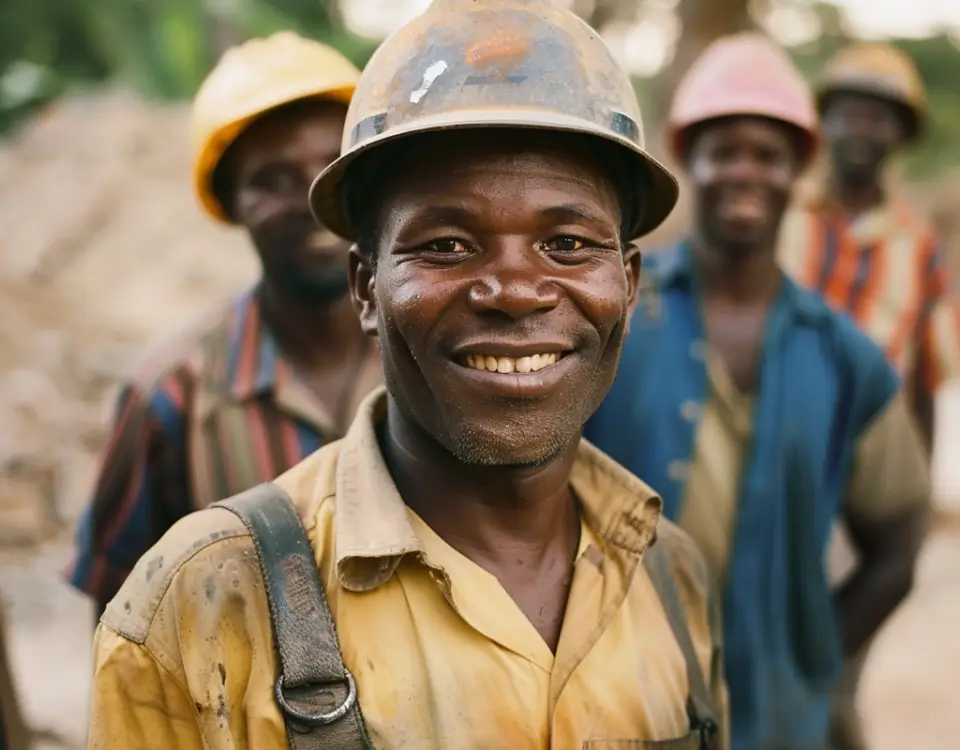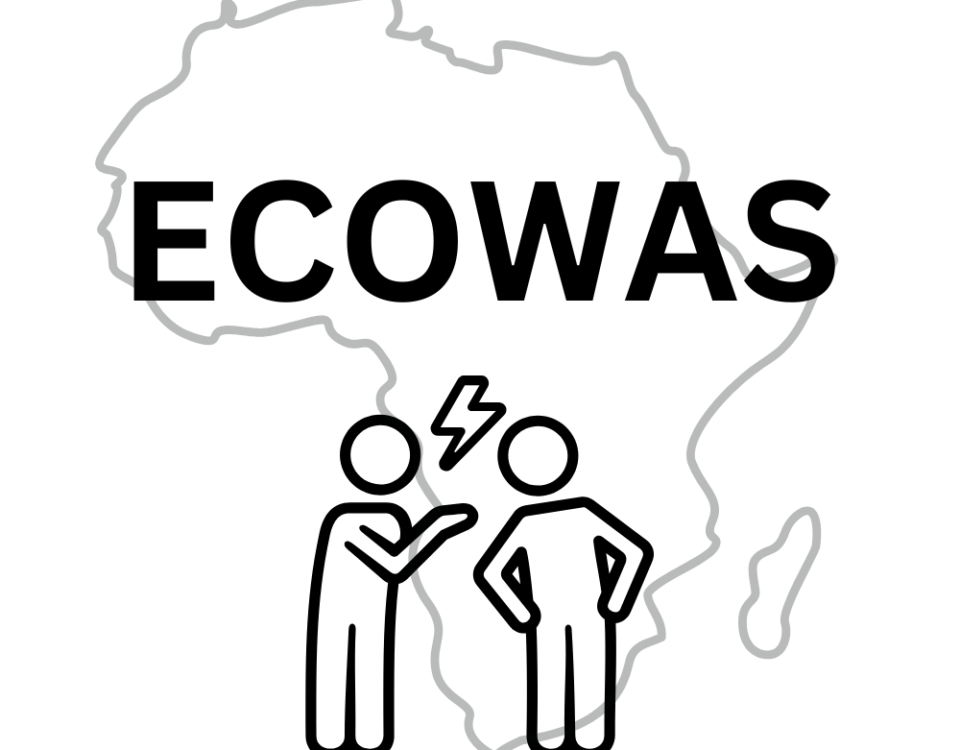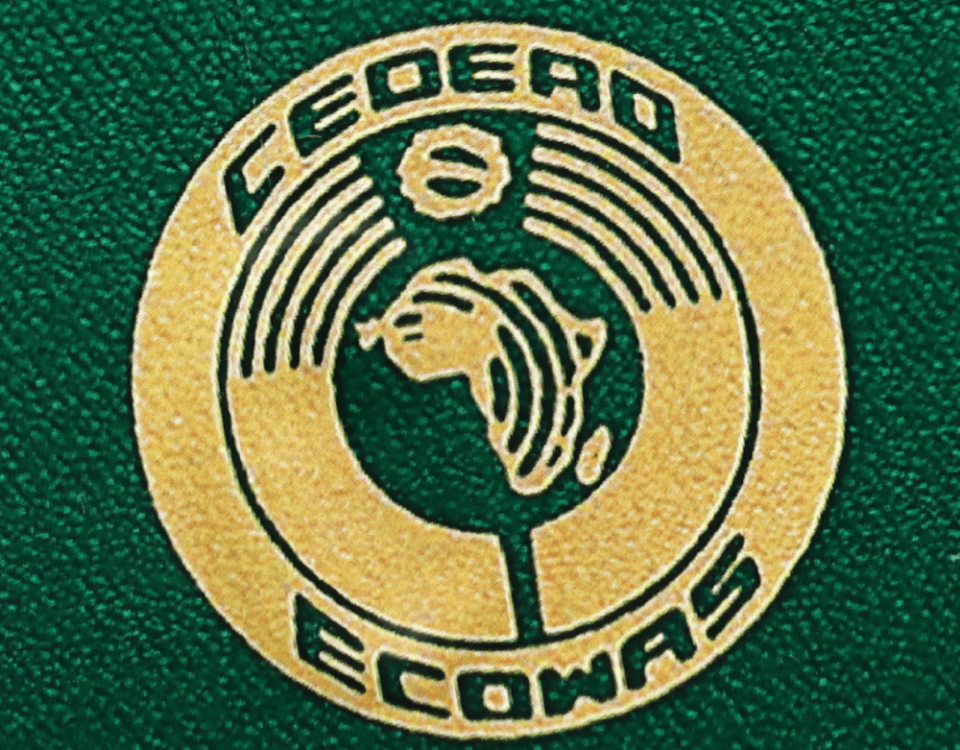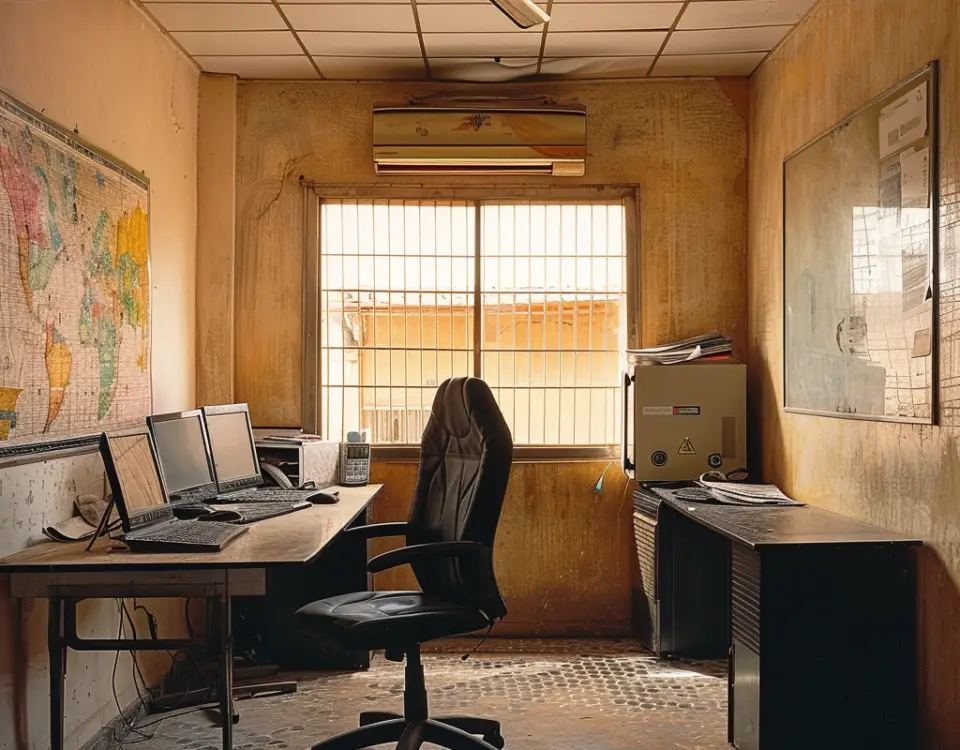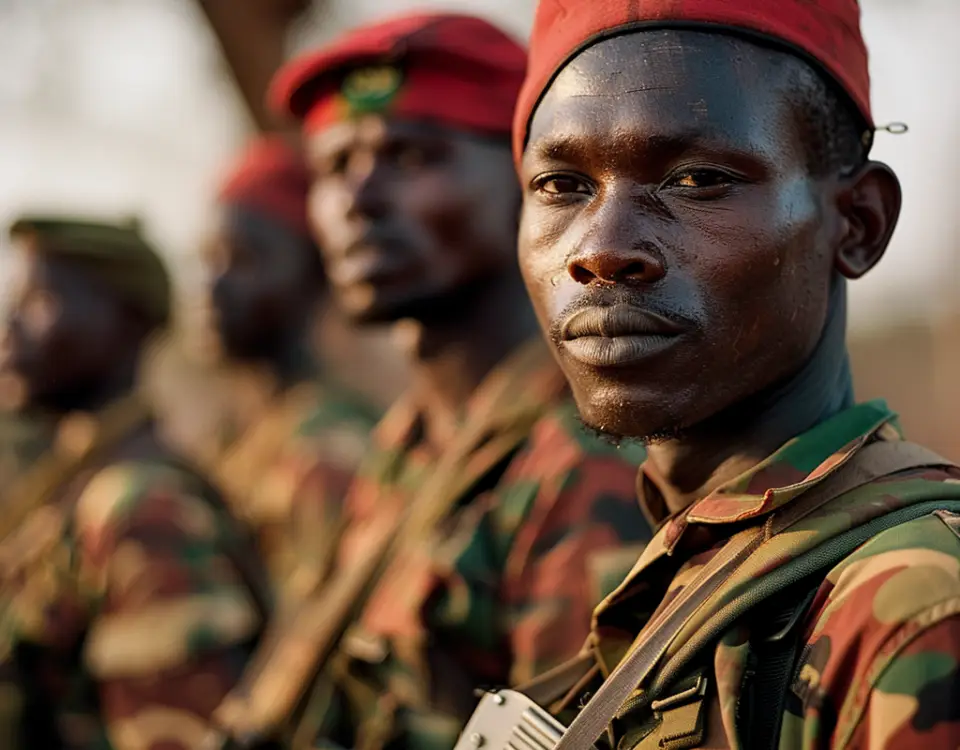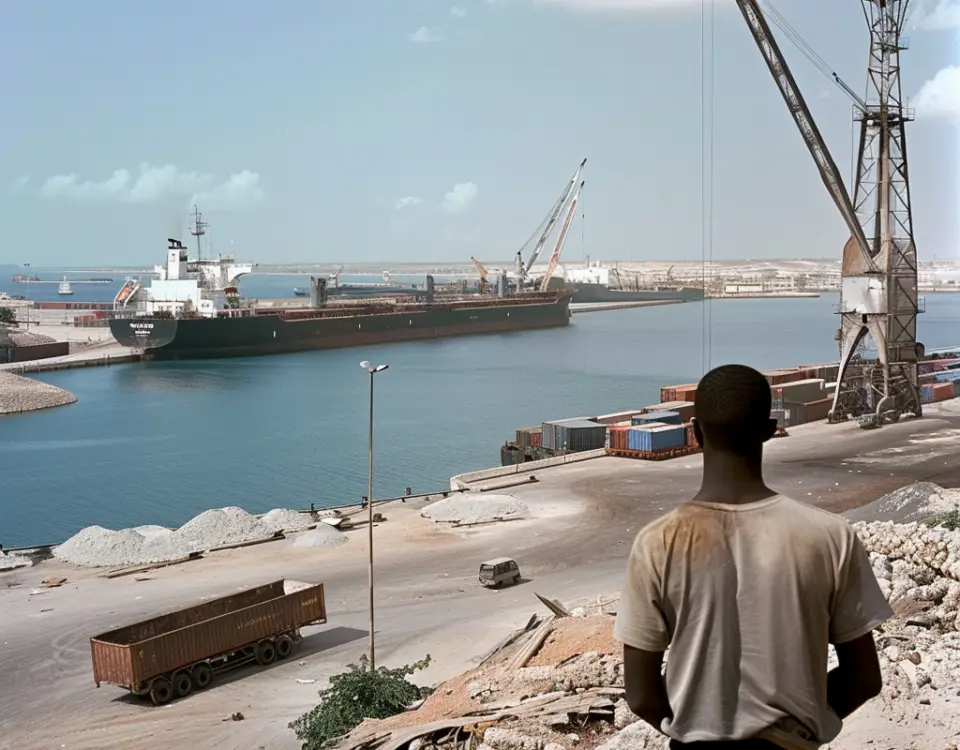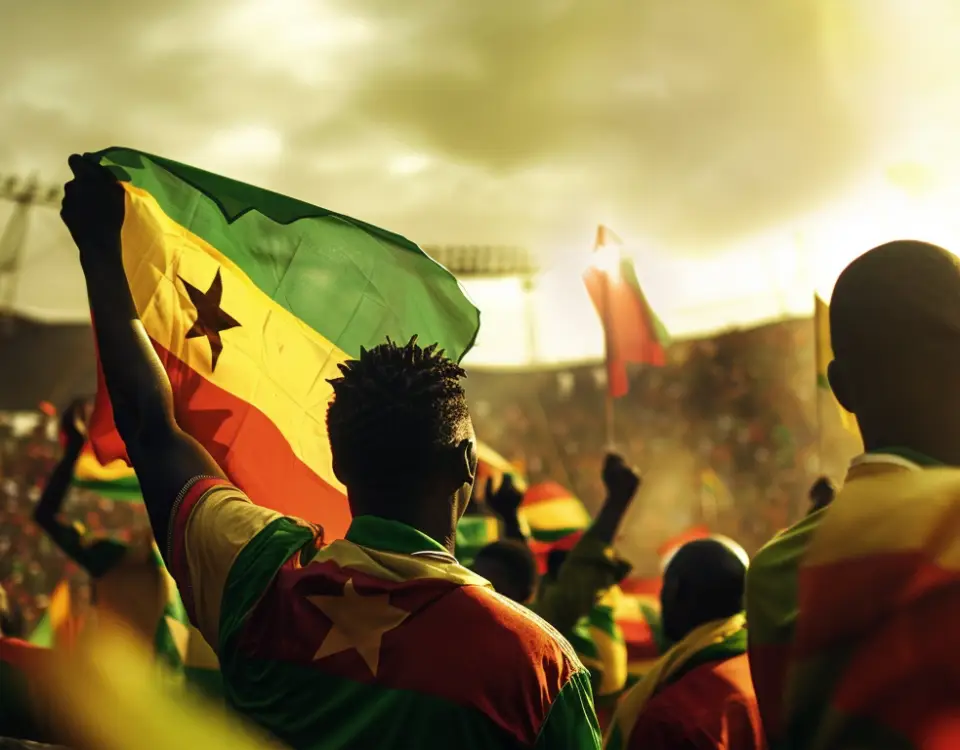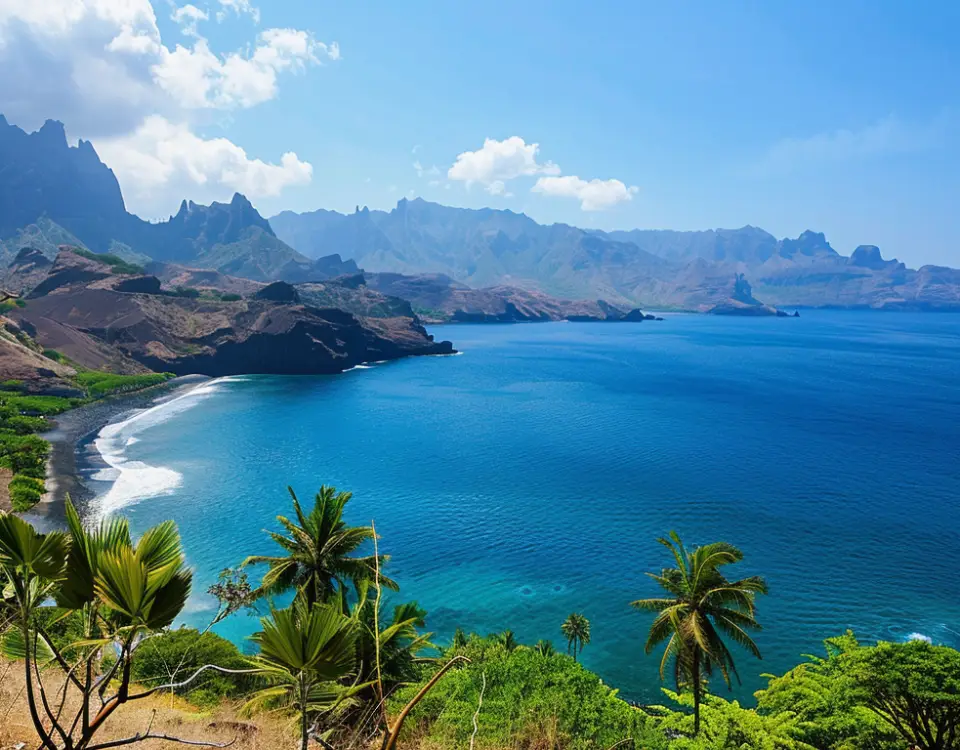Power vacuum in the shadow of the junta: The political stage in Burkina Faso has once again been shaken by a disturbing bombshell. This week, the ruling military junta dismissed Prime Minister Kyélem de Tambéla and dissolved the government without any explanation. A move that not only plunges the domestic situation into chaos but also leaves the international community speechless. What does this arbitrary act mean for a country already plagued by political and social turmoil?
A Country in the Grip of the Army
This latest change at the top of the government seamlessly fits into a disturbing series of events that have haunted Burkina Faso for years. Since the 2022 military coup that ousted President Roch Marc Christian Kaboré, the military has dictated the country’s political agenda. What once began as a hope for stability has quickly turned into a cycle of instability and insecurity. Thouse dismissal of the Prime Minister seems to underscore one thing above all – the junta values loyalty over competence and control over transparency.
The Geopolitical Implications
Broader geopolitical questions arise from the situation in Burkina Faso. For years, the Sahel region has suffered from escalating instability, fueled by jihadist threats and fragile state systems. A politically and economically fragile Burkina Faso could further destabilize the entire region, which is already marked by conflicts in Mali and Niger. The junta’s current show of power could also serve as a signal for authoritarian regimes in the neighborhood, accelerating the collapse of democratic structures.
Power Vacuum in the Shadow of the Junta: International Reactions and Failures
While the international community condemns the developments in Burkina Faso, concrete actions are often lacking. The African Union (AU) and the Economic Community of West African States (ECOWAS) have imposed sanctions, but the impact of such measures on the behavior of the Burkinabe junta remains limited. At the same time, the political unrest is being exploited by international actors like Russia and China, who seek to expand their influence in the geopolitical power vacuum.
What Does This Mean for Democracy?
A bitter reality emerges from the government’s dismissal – democracy in Burkina Faso appears out of reach. Hopes for a swift return to civilian, democratic governance continue to diminish. Across the country, poverty, violence, and lack of opportunities exacerbate the chasm between citizens‘ needs and their leaders‘ decisions.
Hope in Dark Times?
Despite the bleak outlook, one thing remains clear. Burkina Faso has often shown how strong the demand for change can be. Opposition groups and civil society provide signs of resistance. They prove that people refuse to be silenced. Yet, a crucial question persists. How can change happen when the country stays under the grip of ruthless power structures?
Power Vacuum in the Shadow of the Junta – Conclusion
The dismissal of Prime Minister Kyélem de Tambéla is not an isolated event. The government’s dissolution goes beyond being another chapter in Burkina Faso’s political instability. It highlights how fragile states fall prey to authoritarian regimes. But the future remains unwritten. Burkina Faso’s path out of this crisis hinges on a crucial factor. Joint efforts must come from within and outside the nation. Only then can democracy, peace, and stability have a chance to be restored.There remains only the hope that the voice of the people will one day be heard again.

